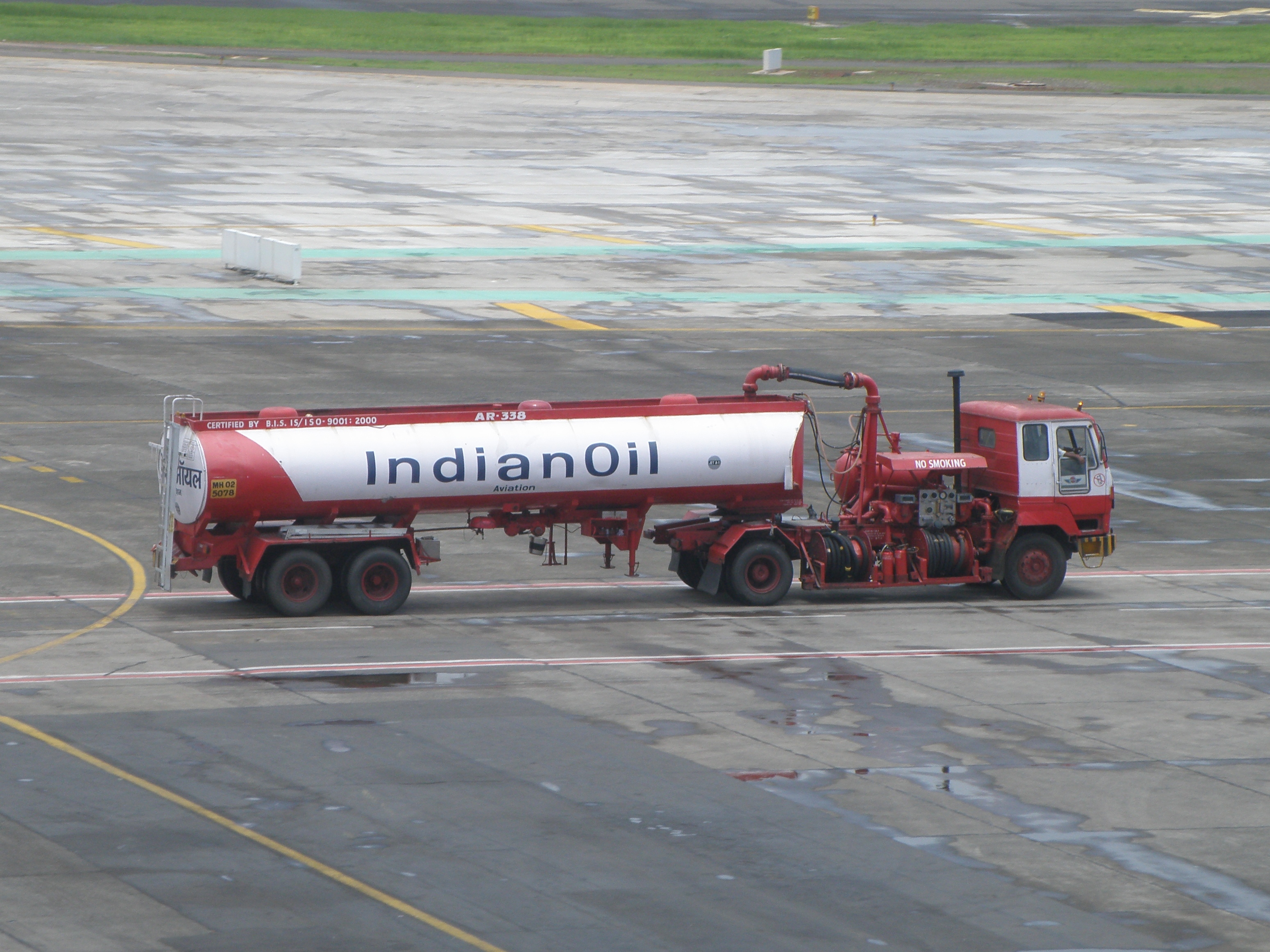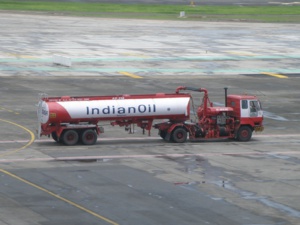The largest exporters of oil, from Russia to Saudi Arabia, say that it is necessary to return the quote to "normal" - about $ 80 per barrel. All consumers of hydrocarbons are modestly silent. With one exception: India (by the way, the 4th largest consumer in the world), voiced a common position - too expensive oil is not necessary.
India, however, is a big country, it has a variety of interest groups and its own (very powerful) oil industry. Energy Minister Dharmendra Pradhan said that the current market prices are perfect for the buyer, i.e. India, yet the lowest quotations create a series of problems for the national mining companies. Authorities are torn between two objectives: to protect the consumer and to attract investment in the local oil industry.
It really is a serious dilemma since India can not be called a net importer: almost a third of its needs in hydrocarbons country is satisfied by its own production. Giants such as ONGC would like to see its main product more expensive.
Nevertheless, the majority of oil (70%) is imported, and Pradhan is talkin about the advantages of the "new rules", that is, the relatively low oil prices. At current rate, the buyer gets a rare opportunity to dictate conditions to the seller.
India is going to get ahead of China by the pace of growth in oil demand, and Japan - by the general volume. IEA experts have calculated that India will reach 4.2 million barrels per day by the end of the current year, and will become the third largest consumer in the world. In II quarter 2015, India had made its way ahead of Japan, yet the latter still prevailed by the end of the year.
Prime Minister Narendra Modi has set a task to the Ministry of Energy: to increase production in the country and reduce dependence on imports by 10% by 2022. Energy Minister admits that to achieve this ambitious goal, India will need intensive exploration. This, in turn, will require 'reasonable' prices. This is unclear whether the price of $ 45-50 is "reasonable" for consumers and for businesses, or they need to look for a new compromise - at a little higher level.
Not only consumers in India like low oil prices: even mining companies see in them a some bright side. However, once ONGC becomes a full partner, and a portion of the extracted hydrocarbons - its own products, the very same company would sell such a product at a higher price.
source: bloomberg.com
India, however, is a big country, it has a variety of interest groups and its own (very powerful) oil industry. Energy Minister Dharmendra Pradhan said that the current market prices are perfect for the buyer, i.e. India, yet the lowest quotations create a series of problems for the national mining companies. Authorities are torn between two objectives: to protect the consumer and to attract investment in the local oil industry.
It really is a serious dilemma since India can not be called a net importer: almost a third of its needs in hydrocarbons country is satisfied by its own production. Giants such as ONGC would like to see its main product more expensive.
Nevertheless, the majority of oil (70%) is imported, and Pradhan is talkin about the advantages of the "new rules", that is, the relatively low oil prices. At current rate, the buyer gets a rare opportunity to dictate conditions to the seller.
India is going to get ahead of China by the pace of growth in oil demand, and Japan - by the general volume. IEA experts have calculated that India will reach 4.2 million barrels per day by the end of the current year, and will become the third largest consumer in the world. In II quarter 2015, India had made its way ahead of Japan, yet the latter still prevailed by the end of the year.
Prime Minister Narendra Modi has set a task to the Ministry of Energy: to increase production in the country and reduce dependence on imports by 10% by 2022. Energy Minister admits that to achieve this ambitious goal, India will need intensive exploration. This, in turn, will require 'reasonable' prices. This is unclear whether the price of $ 45-50 is "reasonable" for consumers and for businesses, or they need to look for a new compromise - at a little higher level.
Not only consumers in India like low oil prices: even mining companies see in them a some bright side. However, once ONGC becomes a full partner, and a portion of the extracted hydrocarbons - its own products, the very same company would sell such a product at a higher price.
source: bloomberg.com






